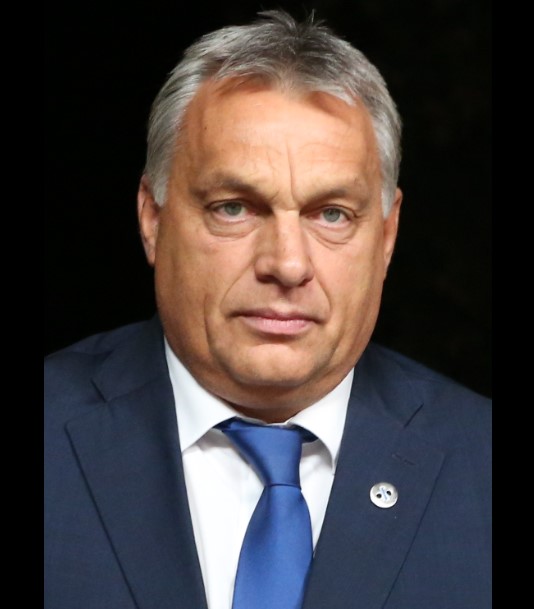Hungary, under the leadership of Prime Minister Viktor Orban, has taken up the presidency of the European Union amid significant controversy and heightened scrutiny. Orban’s tenure has been marked by assertive policies that frequently challenge the EU’s mainstream consensus, sparking deep divisions both at home and abroad. His governance style, characterized by nationalist rhetoric and policies criticized for their impact on democratic institutions and human rights, has intensified Hungary’s domestic polarization and strained its relations within the European Union. Internationally, Orban’s leadership has posed challenges to EU unity and raised concerns about the bloc’s ability to uphold its core values amidst increasing authoritarian tendencies in member states.
Foreign Policy Divergence
Viktor Orban’s foreign policy decisions have increasingly drawn criticism, particularly his stance on Russia, which contrasts sharply with the unified support for Ukraine among most EU member states. Hungary’s refusal under Orban’s leadership to provide military aid to Ukraine and his vocal opposition to EU sanctions on Russia have strained diplomatic relations within the bloc. This divergence is significant as EU solidarity on Ukraine is viewed crucial for regional stability and security in Eastern Europe.
Moreover, Hungary’s pursuit of an “eastern opening” strategy, aimed at bolstering economic ties with China, has added further complexity to its foreign policy stance. This approach has sparked concerns among EU partners regarding Hungary’s commitment to EU values and collective strategic interests, especially amidst escalating geopolitical tensions. The combination of these factors underscores Hungary’s evolving role within the EU, characterized by a balancing act between asserting its national interests and maintaining solidarity with the broader European community.
Domestic Policies and Human Rights Concerns
Viktor Orban’s domestic policies have sparked significant controversy, particularly regarding democratic principles and human rights in Hungary. His concept of an “illiberal democracy” has been criticized for consolidating power in ways that undermine press freedom and judicial independence. Laws targeting independent media outlets, coupled with reforms that concentrate authority within the executive branch, have raised serious concerns about the erosion of Hungary’s democratic institutions and its alignment with EU norms.
In addition to these concerns, Hungary’s treatment of minority groups, notably its stringent laws restricting LGBTQ rights, has garnered condemnation both domestically and internationally. The introduction of legislation prohibiting the promotion of homosexuality to minors has triggered legal challenges and infringement proceedings from the European Union. This controversy underscores deep divisions over social values and human rights protections within Hungary and across the EU, with critics arguing that such measures violate fundamental rights and principles of equality.
Overall, Orban’s governance has increasingly polarized Hungarian society and strained its relations within the European Union, reflecting broader debates about the balance between national sovereignty and adherence to EU standards on democracy, human rights, and social inclusivity.
EU Relations and Governance Challenges
Orban’s leadership has strained Hungary‘s relationship with EU institutions, resulting in significant consequences. The European Parliament’s activation of Article 7 proceedings against Hungary reflects widespread concerns over democratic norms and the rule of law. Allegations of corruption, including accusations of misusing EU funds to benefit Orban’s allies, have further damaged the country’s reputation and influence within EU decision-making processes.
Economically, the country faces obstacles exacerbated by governance issues and strained relations with the EU. Large sums of EU funds remain suspended due to ongoing concerns about transparency, corruption, and compliance with EU regulations. These challenges underscore broader questions about Hungary’s commitment to governance reform and its ability to uphold EU values and standards.
As Hungary assumes the presidency of the European Union, Viktor Orban’s leadership faces critical tests on multiple fronts. The next six months will be pivotal in determining Hungary’s capacity to navigate internal divisions, uphold EU principles, and rebuild trust with its European partners. Orban’s presidency will be closely watched as a litmus test of Hungary’s dedication to democratic values and its role within the broader European community, shaping its future within the EU and its global standing.


